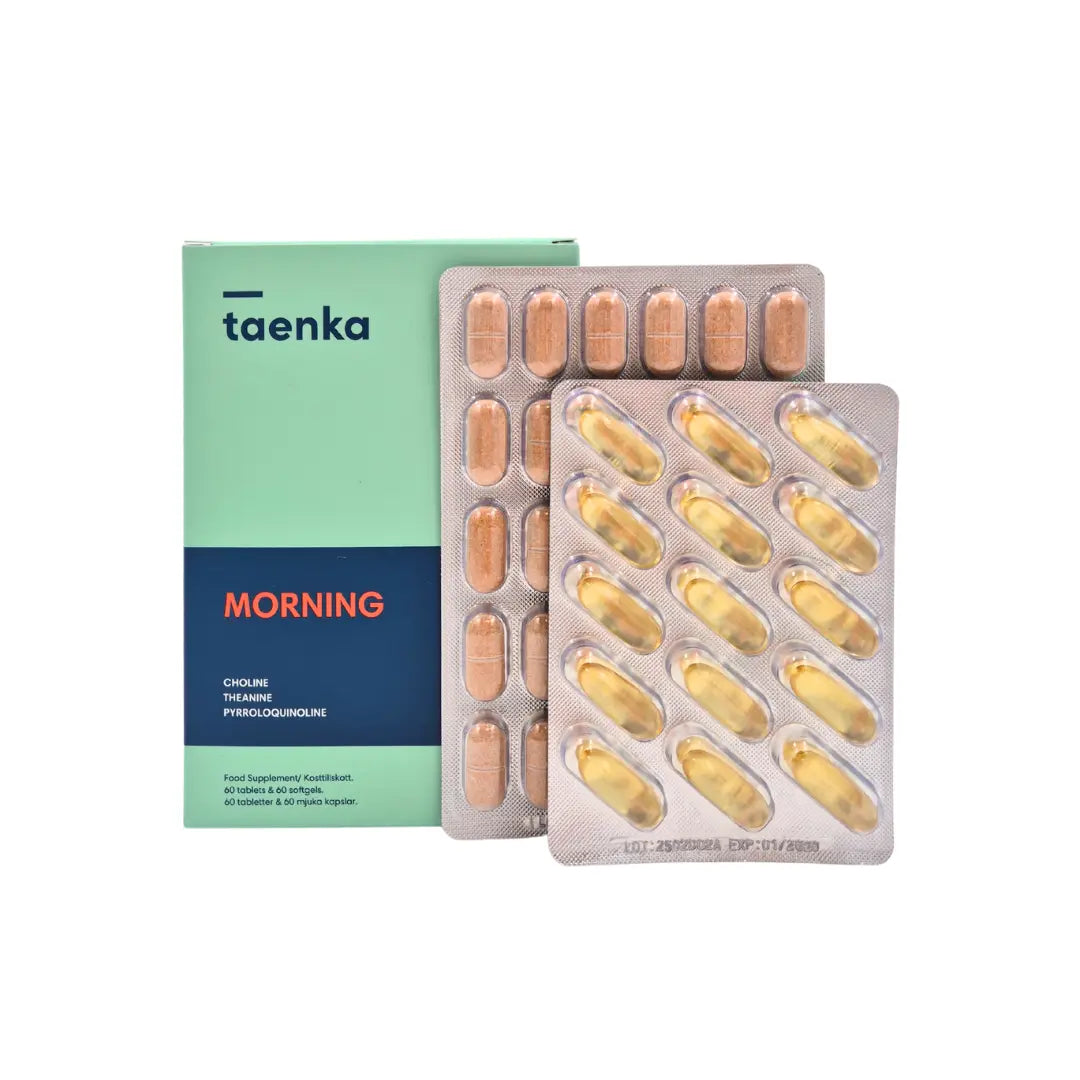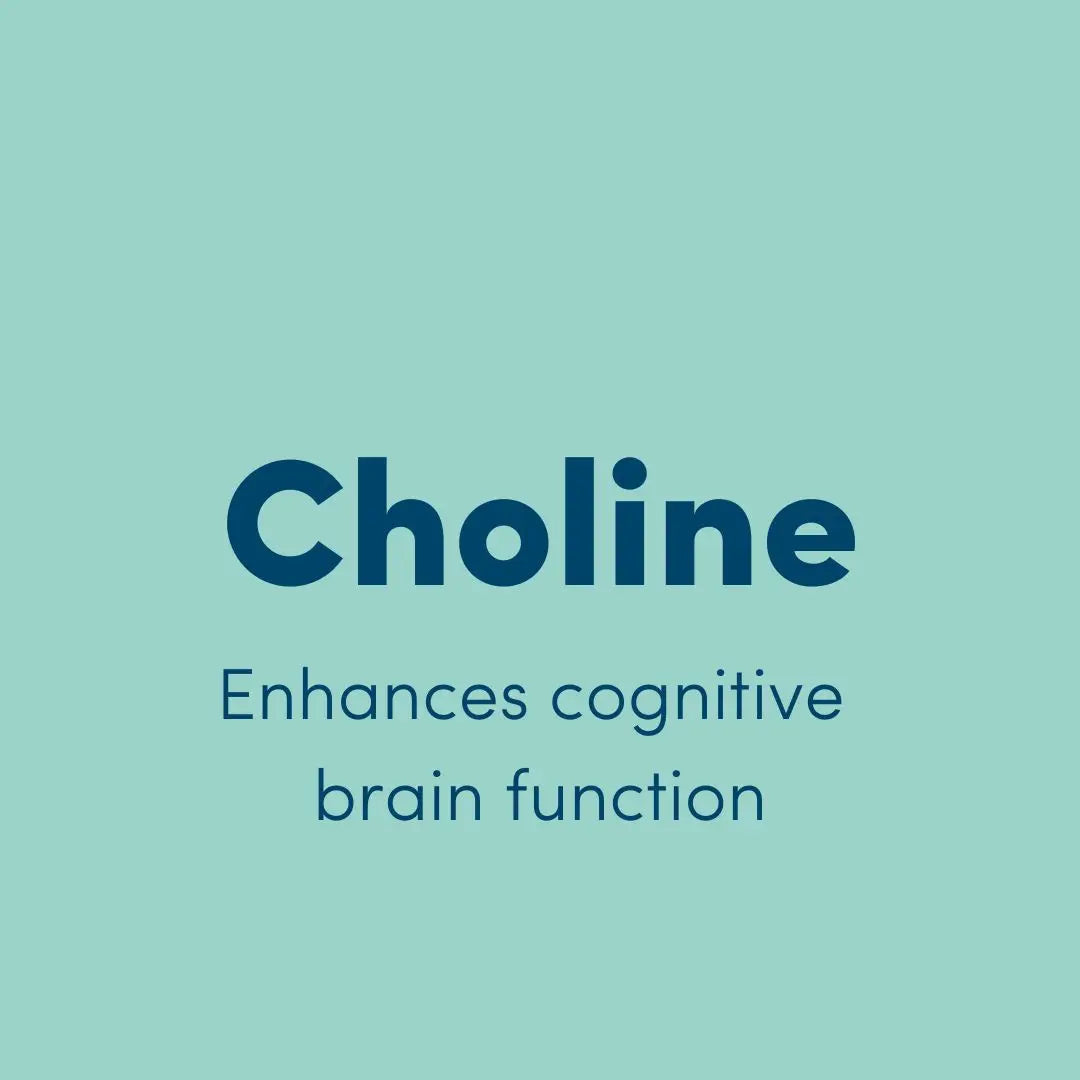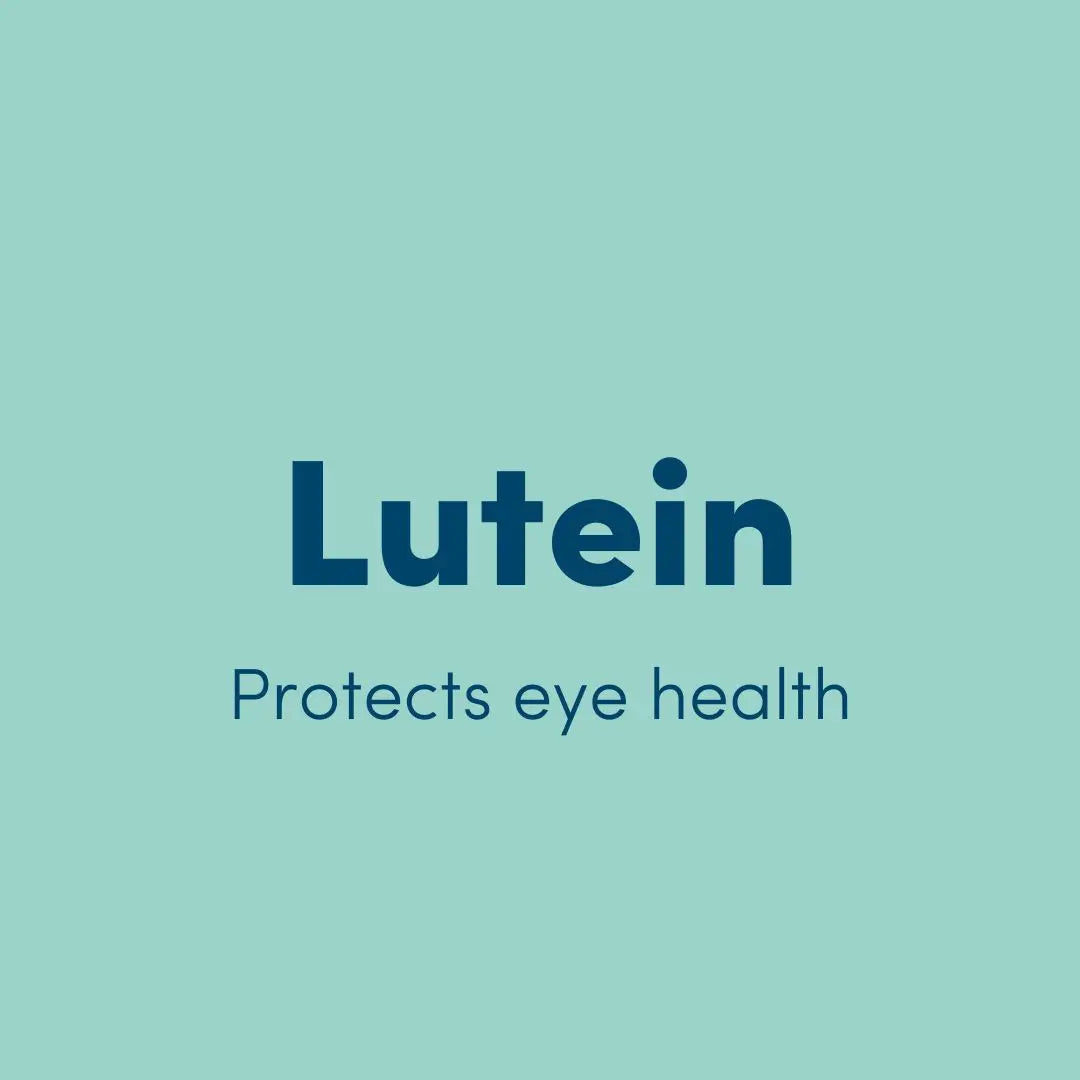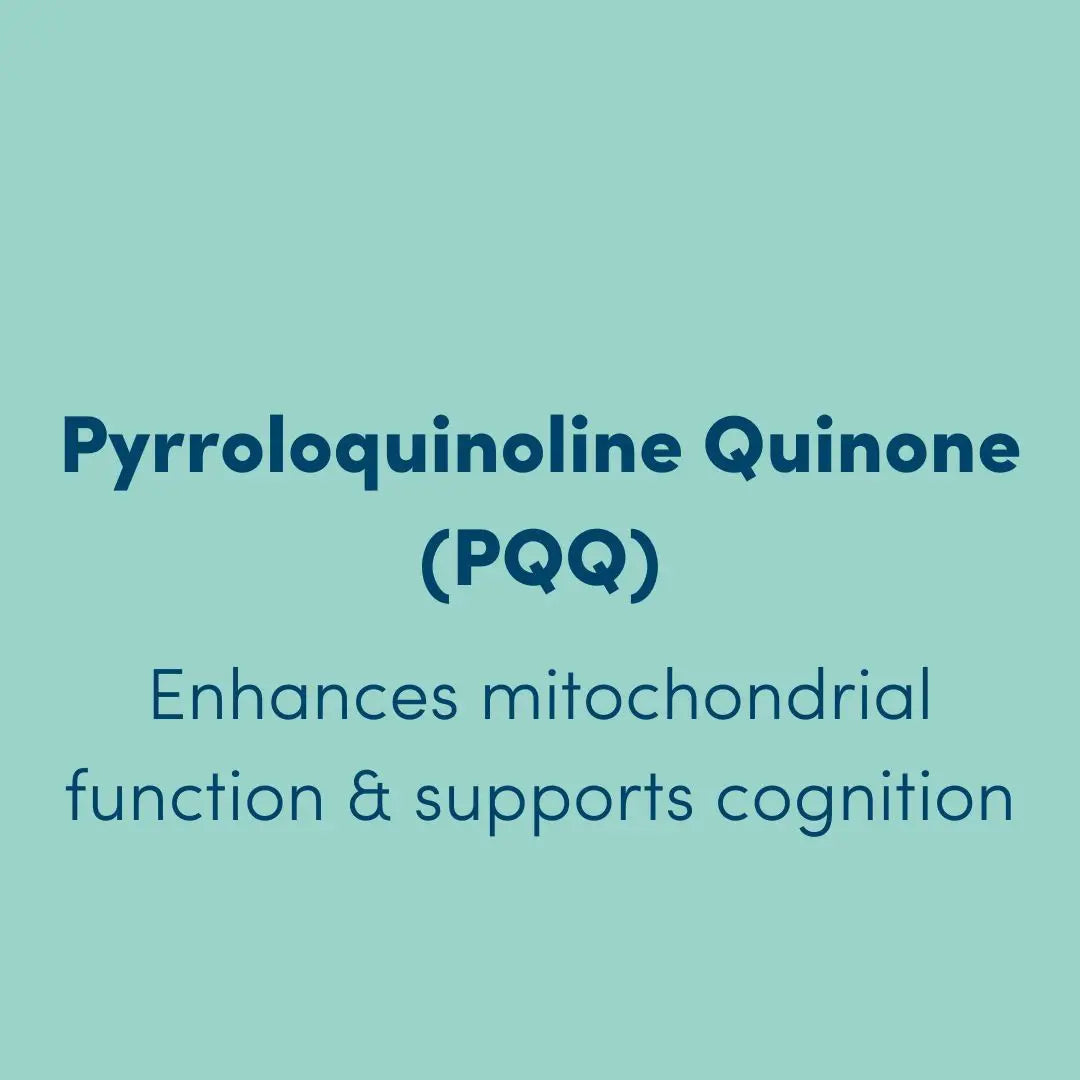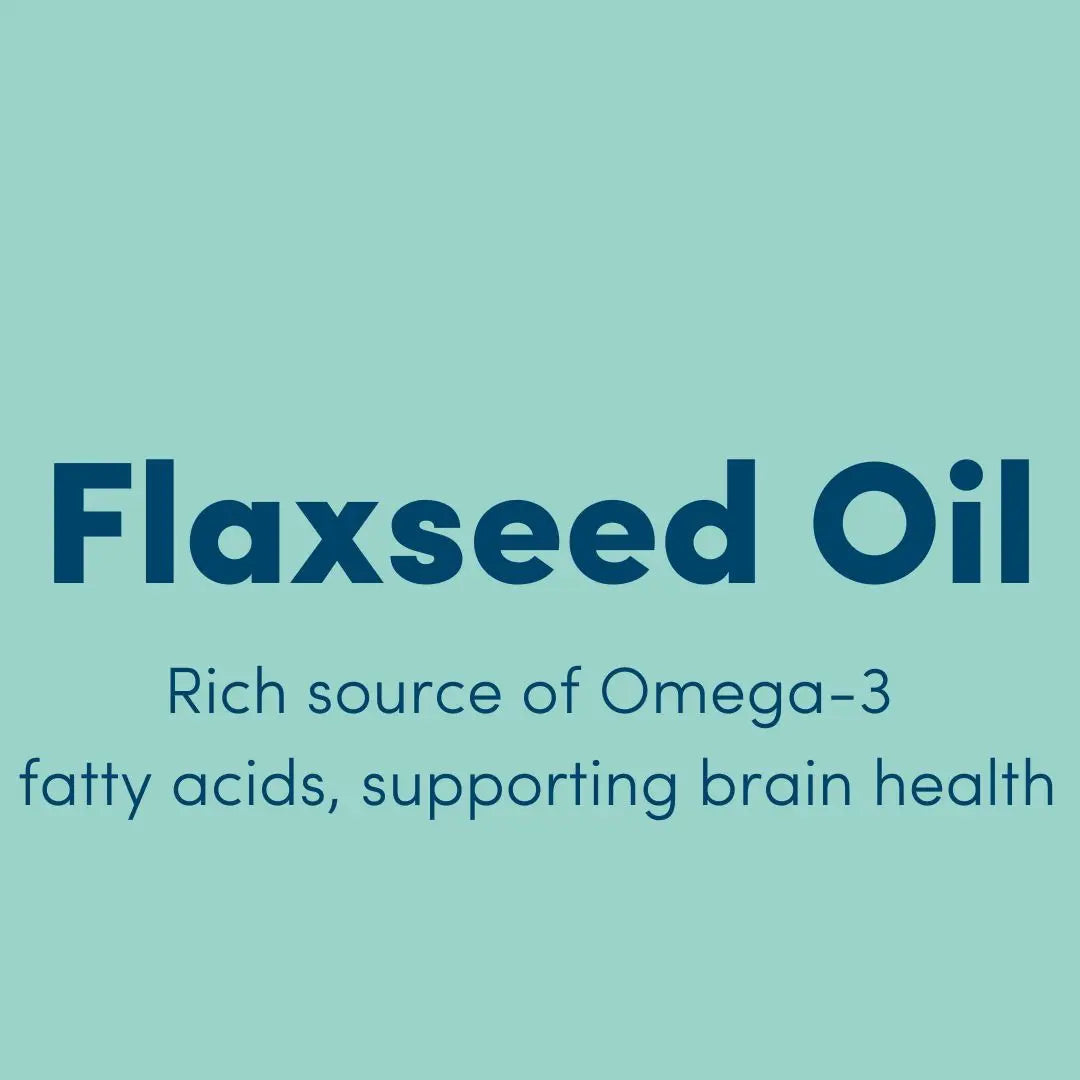
Exercise makes you smarter. A Swedish study of over 1.2 million men who enlisted for military service between 1950 and 1976 found a strong link between physical fitness and cognitive performance.
Researchers analyzed enlistment test results for fitness, strength, and cognition, alongside socioeconomic and academic data. The results showed that better performance on fitness and strength tests correlated with higher cognitive test scores.
Another Swedish study, the Bunkeflo Project, followed students for ten years after increasing their daily physical activity from 60 minutes per week to 40 minutes per school day. Since school attendance is mandatory in Sweden, all students participated—185 boys and 153 girls. Their ninth-grade grades were compared to both previous students at the same school and a national control group.
For boys, the control and national groups showed no differences, but girls in the local control group outperformed the national average and had higher high school eligibility. Meanwhile, students who participated in daily physical activity saw a 7% increase in high school eligibility and grades over 13 points higher than the control groups. Notably, the national trend during this period showed declining academic performance, making these results even more significant.
Interestingly, the boys benefited academically from more physical activity, but the girls showed no noticeable difference—possibly because they were already performing above average.
The takeaway? Movement is essential for both body and mind, for us and our children.
Sources:
-
Cöster ME, Fritz J, Karlsson C, Rosengren BE, Karlsson MK. Extended physical education in children aged 6-15 years was associated with improved academic achievement in boys. Acta Paediatr. 2018 Jun;107(6):1083-1087. doi: 10.1111/apa.14278. Epub 2018 Mar 23. PMID: 294509033.
-
Aberg MA, Pedersen NL, Torén K, Svartengren M, Bäckstrand B, Johnsson T, Cooper-Kuhn CM, Aberg ND, Nilsson M, Kuhn HG. Cardiovascular fitness is associated with cognition in young adulthood. Proc Natl Acad Sci U S A. 2009 Dec 8;106(49):20906-11. doi: 10.1073/pnas.0905307106. Epub 2009 Nov 30. PMID: 19948959; PMCID: PMC27857214.
